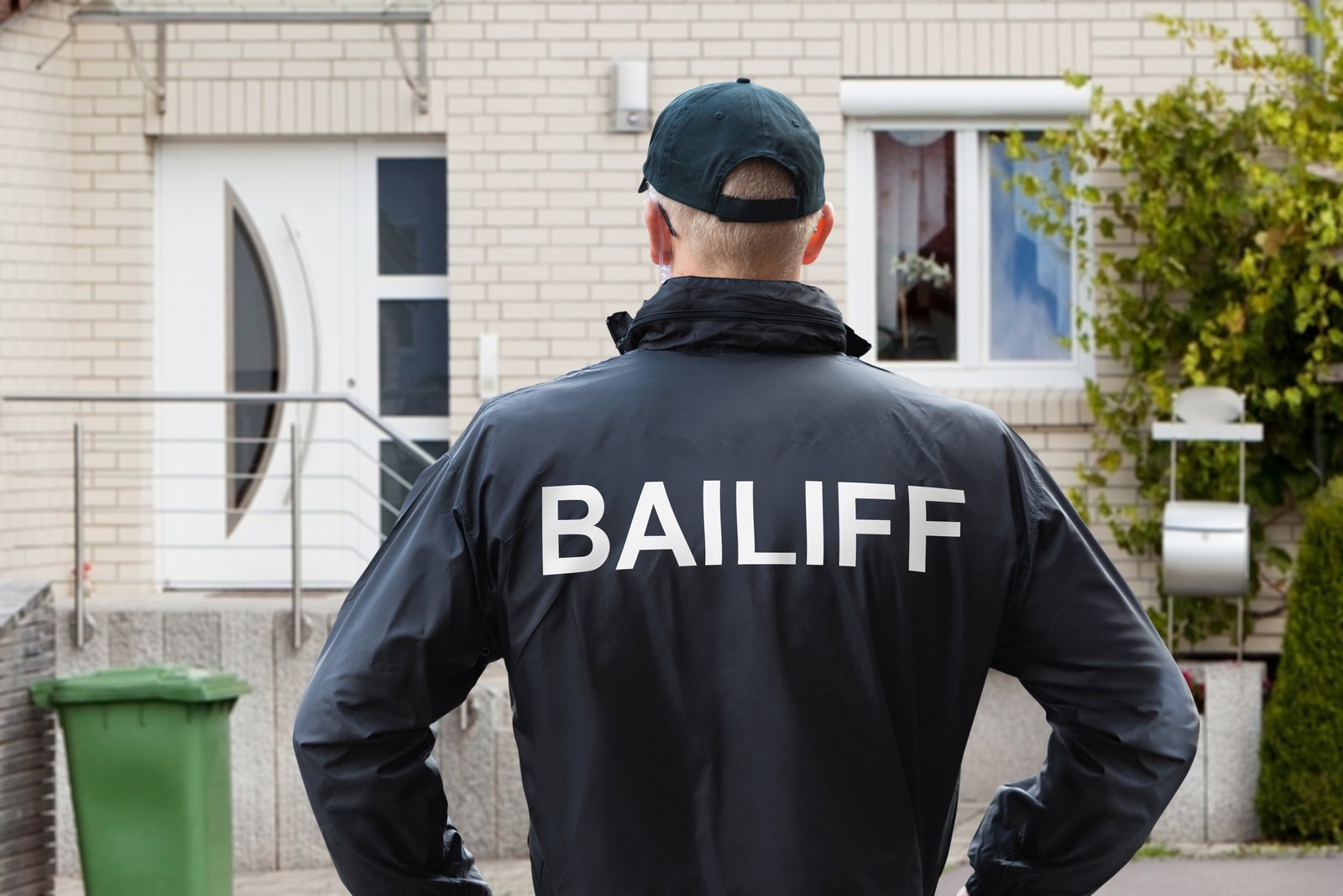Separate the fact from fiction with our guide to dispelling the most common myths surrounding the powers and limitations of bailiffs
Myth: Bailiffs can force entry to your home
Reality: Bailiffs can’t force entry unless certain strict conditions are met. They might be able to come inside if they find an unlocked door or open garden gate, but they can’t try to come through a latched window, use a ladder to hop over the fence, or attempt to block the door to prevent you from closing it.
A bailiff can only force entry if all three of the following conditions are met:
- They’ve already taken control of the goods inside your home
- You’ve previously made a controlled goods agreements with them but have now broken it by missing at least one payment
- They’ve given you two days’ notice that they’re going to inspect or take goods
Myth: Bailiffs can’t take items that are jointly owned with your partner
Reality: Unfortunately, jointly owned items that are partly in your name can be at risk from the bailiffs. If you own a TV with your partner, split a stereo with your best friend, or share a car with a family member, bailiffs might attempt to add it to your controlled goods agreement. However, if you live in a home with other people, goods they own that aren’t yours should not be removed. Get your receipts ready ahead of the bailiff’s visit, if possible, so you can easily prove exactly who owns what.
Myth: Bailiffs don’t have to carry ID
Reality: Bailiffs must carry proof of identity and provide it if asked. This could include a badge, ID card, or enforcement agent certificate. Court-appointed bailiffs should also appear on the register of certificated bailiffs. To confirm their identity, you can ask the bailiff which company they’re from and their office number so you can call to confirm they are who they say they are.
Myth: Bailiffs and debt collectors are the same thing
Reality: Bailiffs and debt collectors aren’t interchangeable and debt collectors don’t have the same rights or legal powers as bailiffs. They typically work for the creditor or a debt collection agency and, if you ask them to leave your property, they must do so. Bailiffs are certified by the courts and must follow certain legal procedures. It’s considered fraud for a debt collector to pretend to be a certified bailiff if they aren’t one.
Myth: Bailiffs can take my car, even if it’s parked on my neighbour’s driveway
Reality: If you move your car in advance of a bailiff’s visit and keep it securely on someone else’s property, bailiffs aren’t allowed to take it. It doesn’t matter whether it’s on their drive or in their garage, your car will be off limits. The same is true if you have a car on hire purchase. During your agreement, the lender will remain the car’s legal owner, so it won’t be considered your property. However, if your vehicle is parked on your own driveway, on the street, or in a public parking area, it might be at risk of removal.







